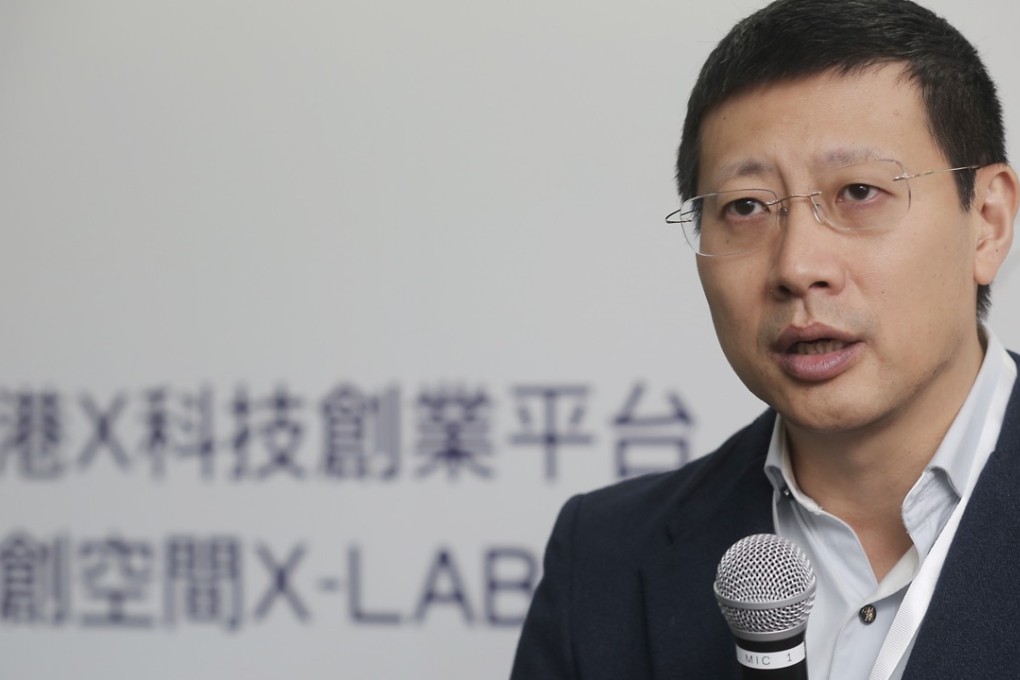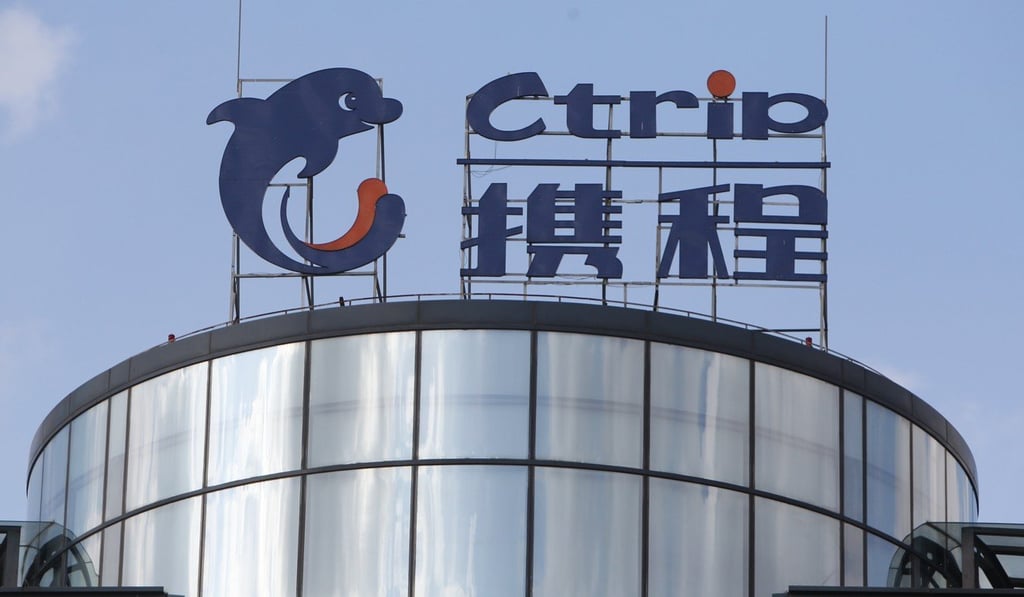Risk-taking and persistence make successful entrepreneurs, says Sequoia’s Shen

Entrepreneurship is all about being willing to take risks and doing so continuously, Neil Shen, one of the most successful venture capitalist in China, told a conference in Hong Kong on Friday.
“Doing start-ups is not a short sprint, but a long-distance race, or even a long march,” said Shen, founding and managing partner of Sequoia Capital China, which has invested in tech and e-commerce giants such as Alibaba and the world’s largest drone manufacturer DJI.
Shen was ranked the 11th top tech investors this year by Forbes and has a personal net worth of over US$1 billion. He also cofounded China’s top travel website Ctrip and the country’s biggest budget hotels operator Home Inns. Both companies are listed on the Nasdaq.
I thought, if internet companies can succeed in the US, they can in China too, even as copycats
Being adventurous and taking risks made Shen who he is today, he told the InnoTech Expo forum. He used to work as a banker on Wall Street and later in Hong Kong before launching start-ups.
Recalling his decision to give up a stable job in banking to found Ctrip, Shen said he was inspired and motivated by the success of Silicon Valley firms.
It was July 4, 1999, and he was visiting Los Altos Hills in northern Silicon Valley, where he witnessed spectacular fireworks shooting out of every surrounding county and lighting up the night sky. He was amazed that the rise of internet firms in Silicon Valley had seemingly made all counties nearby well off enough to afford such elaborate firework displays.
“I thought, if internet companies can succeed in the US, they can in China too, even as copycats,” said Shen.
